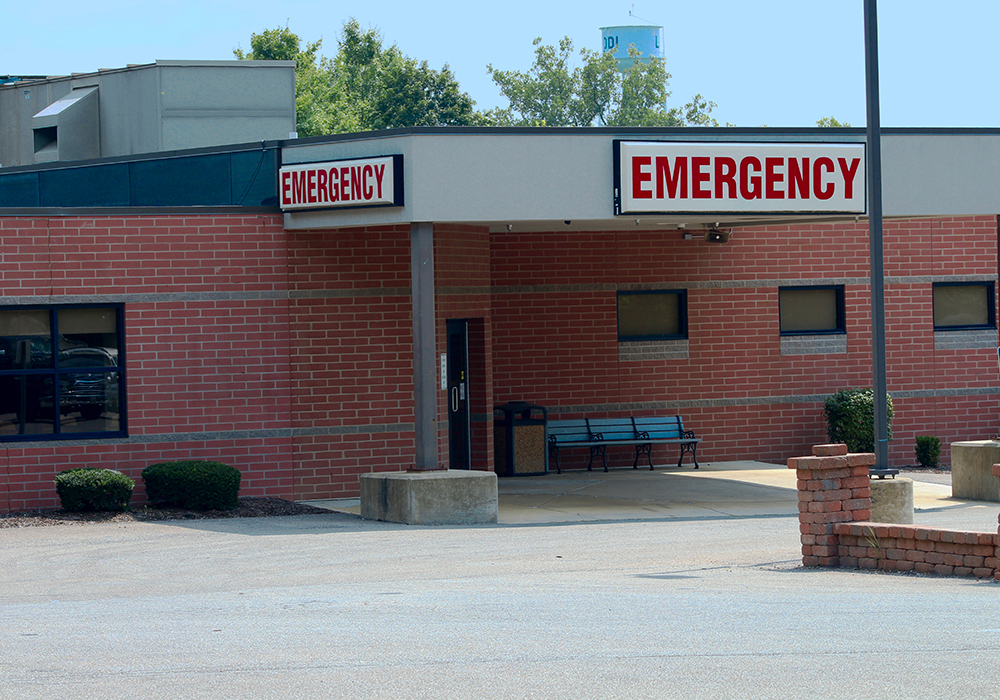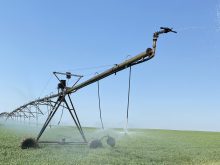The Saskatchewan Association of Rural Municipalities is highlighting key issues ahead of its annual convention next week in Saskatoon.
President Ray Orb said the organization wants to draw attention to the main concerns before delegates hear from policymakers.
Health-care facilities and staffing top the list.
Orb said the provincial government has to keep rural centres staffed and operating.
“We see in some of the larger urban centres the province is kind of addressing health care there a little better than the rural,” he said. “We’re asking for a little more attention from the province on that.”
Read Also

Europe holds promise for Canadian lentils
Pulse Canada is trying to help boost lentil consumption in Europe, which is already the fourth largest market.
He pointed to emergency room closures in towns that serve rural people, especially during seeding and harvest when risks of farm accidents are higher, as a problem.
“Try to do better because we know already we have a physician shortage, we have a nurse shortage, but we’ve got shortages in some of the other staffing levels too, like lab technicians,” he said.
Rural ambulance services are also under strain largely from understaffing and from backups when they take patients to the larger cities.
“Some of those ambulances could be tied up almost all day because there’s not a bed or somewhere to put the patient,” Orb said.
If there is a failure in one area, it drags the whole medical system down, he said.
SARM would like to see some of the recently announced federal funding dedicated to education and directed to young people interested in health care who might return to rural Saskatchewan to practice.
Orb also said rural people would benefit from the return of Lumeca, which provided virtual health care from 2019 to December 2021.
“It stopped and we were kind of upset,” he said, adding that he had used the company’s service.
“That actually made a huge difference because it allows you to do your doctor consultation from home. It doesn’t tie the urban system up.”
SARM has also lobbied for the return of the SaskDocs effort.
Irrigation was the other issue highlighted last week. SARM wants the rehabilitation and expansion of the Westside Irrigation Project, which is phase one of the larger Lake Diefenbaker project, to go ahead as soon as possible.
It was announced in 2020.
“It’s 90 percent complete. How much more consultation do we need to do?” Orb said. “We want that to move ahead as fast as we can. We just went through drought. It needs to be kind of elevated.”
He said the longer the projects take, the more they cost, and the water is needed.
“It’s food production, food security,” said Orb.
SARM would like to meet with the federal environment minister about the needed approvals that might cause delays.
“The lake itself, that was a feat of its own in the sense that we had two levels of government working together and not even the same political lines. So let’s not delay this project when we’re simply asking for expansion,” he said.
















